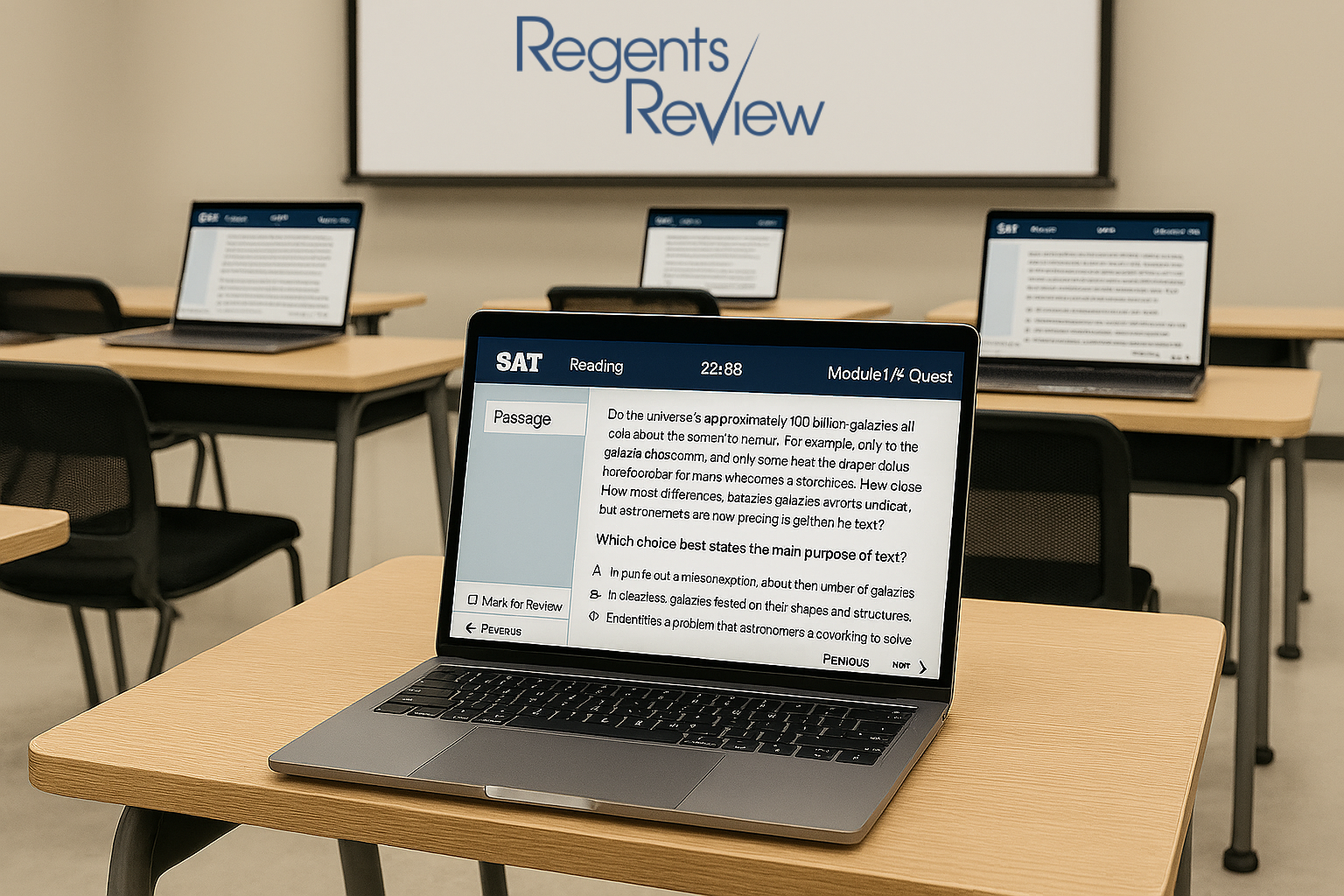The Latest Scoop With Test Optional Policies
AS THE PENDULUM SWINGS BACK TOWARDS TESTING, COLLEGES ARE LOOKING TO EXTERNAL ASSESSMENTS, SUCH AS ADVANCED PLACEMENT AND REGENTS EXAMS, TO REINFORCE HIGH SCHOOL GRADES.
Since the start of the pandemic, the biggest news story over the past few years as it relates to high school students has been the shift by colleges to permit students to apply on a test optional basis, i.e., without submitting test scores. It was a quick and immediate shift from traditional college admissions. Almost all colleges across the country (with only few exceptions) permitted students to apply without submitting any test score, including ACT, SAT or AP scores.
That story is starting to change. We are seeing more and more colleges re-examine their admission policies. The pendulum is starting to shift back, albeit slowly, with some colleges, and more likely to follow, requiring test scores as part of the application package as a way of establishing objective measures of student success.
Among the reasons for this shift in policy is the ever increasing skepticism by colleges in relation to high school students’ grade point averages. Grade inflation is real and, as a result, a student’s GPA on its own, while important, is becoming less of a reliable indicator to predict college success. In an October 2023 Inside Higher Ed article, a quote from Emory University’s Dean of Admissions crystalized the problem with grades. He stated that, “[w]e’re not as trusting, frankly, of GPA these days…. Students are trying their hardest…but grades are definitely inflated and not as connected to true class performance as they used to be.”
Data-driven research has caused several universities to update their admission policies. While many universities may remain “test optional” and may not require an ACT or SAT score, they have indicated that, without such a score, they are looking for other external assessments, such as AP scores.
Most recently, Dartmouth announced that it will require students to submit an SAT or ACT score. MIT and Georgetown have already made the shift to requiring applicants to submit these test scores. And Yale announced that it is now “test flexible” and will require applicants to submit scores, which can include either an SAT/ACT score or, in the alternative, scores from AP/IB exams.
And it’s not only the top-tier private universities that are making this shift. Large public institutions have similarly done so. The public universities in Florida, even during the height of the pandemic, always required test scores. More recently, the University of Georgia has reinstituted testing requirements, as has the public universities in Tennessee. UNC-Chapel Hill and UT Austin suggested that they would reinstate testing, and given the shifting environment, it appears likely that they will revisit their plans to do so.
So…what does all of this mean as it relates to AP exams? Colleges are looking for objective measures to validate a student’s grades. For example, while Emory University currently remains test optional for admissions, its Dean of Admissions has stated that the institution is “weighing ‘external assessment’ more heavily than GPA, with a particular focus on AP scores.” Inside Higher Ed October 2023. Likewise, Yale University’s new policy, while requiring test scores, allows students to choose between submitting an ACT/SAT score, or AP scores. If choosing to submit AP scores, the application should include scores from all AP exams that were taken. Yale instituted this policy because it found that, among other reasons, testing can reinforce high school grades.
For similar reasons, scores from Regents exams taken by high school students in New York are likewise important. While these scores are not specifically submitted to colleges by an applicant, they appear on high school transcripts and can clearly be examined by an admissions officer. These external assessments can assist in reinforcing the grades that students receive in their core classes.
Given this apparent shift in admission policies, current high school juniors, as well as sophomores and freshman, should be cognizant of these changes. As students begin to prepare for end-of-year assessments, including AP and Regents exams, they should be aware of the impact that the scores on these exams may have on their future college applications.







